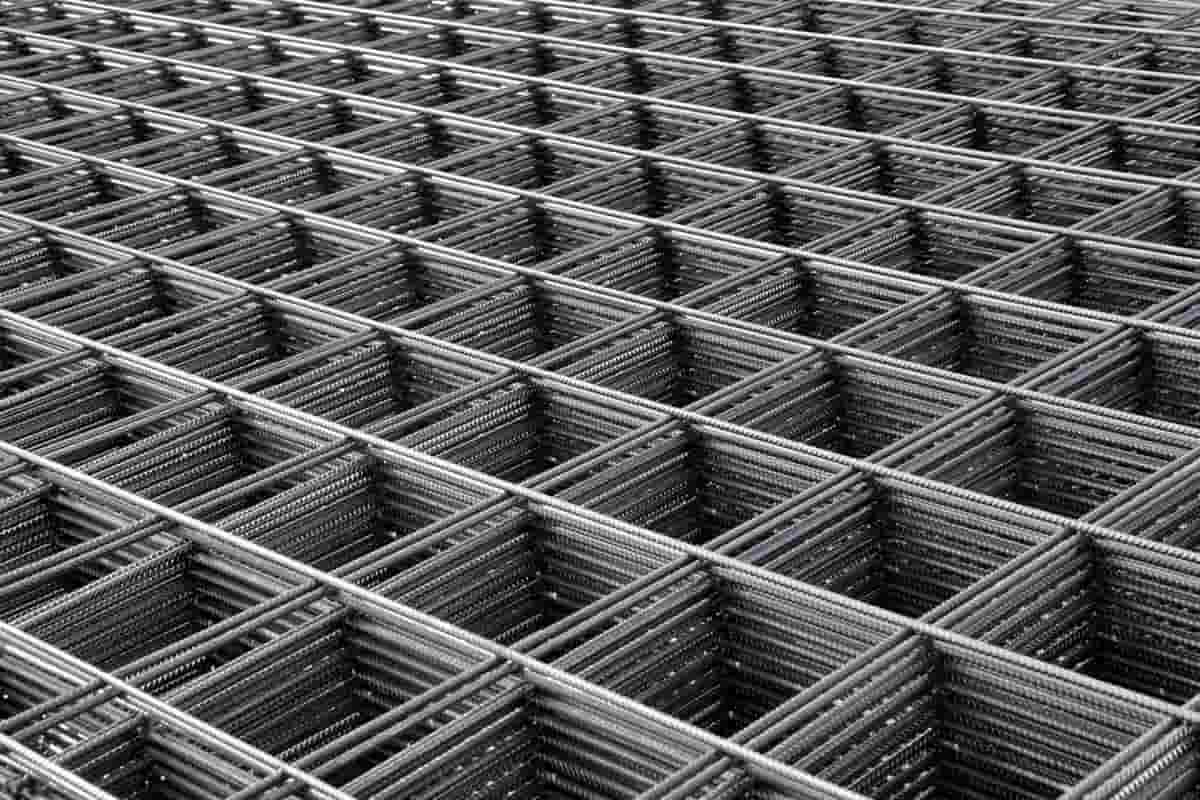Aug . 06, 2024 06:18 Back to list
CE Certification and Applications of SS316L Wire Mesh for Various Industries and Projects
CE Certification for SS 316L Wire Mesh Ensuring Quality and Safety
In today’s globalized market, ensuring the safety and quality of industrial materials is of paramount importance. One area that has garnered significant attention is the certification of wire mesh products, particularly those made from stainless steel. Among the various grades of stainless steel, SS 316L has emerged as a preferred choice for applications requiring superior corrosion resistance. This article will explore the importance of CE certification for SS 316L wire mesh and its implications for manufacturers and consumers alike.
What is SS 316L Wire Mesh?
SS 316L is a low-carbon version of stainless steel 316. It is renowned for its excellent corrosion resistance and high strength, making it an ideal material for various industrial applications. The L in the designation stands for low carbon, which means that it has a reduced risk of carbide precipitation during welding. This property ensures that SS 316L maintains its integrity and performance in high-temperature environments, making it widely used in marine, chemical, and food processing industries.
Wire mesh made from SS 316L is commonly used for filtration, safety barriers, and architectural applications. Its ability to withstand harsh environments while offering durability and versatility makes it a go-to material for many engineers and architects.
Understanding CE Certification
CE marking is a certification mark that indicates a product's compliance with European health, safety, and environmental protection standards. For manufacturers, obtaining CE certification for their products can enhance credibility and marketability within the European Union. This certification process helps ensure that products meet rigorous quality standards, ultimately leading to safer and more reliable materials for consumers.
The Importance of CE Certification for SS 316L Wire Mesh
ce certification ss 316l wire mesh

1. Quality Assurance CE certification ensures that SS 316L wire mesh meets predefined quality standards. This is crucial for industries where product failure can lead to serious safety hazards, such as chemical processing or construction. The certification process involves rigorous testing and evaluation, giving consumers confidence in the product's performance.
2. Market Access With CE marking, manufacturers can sell their SS 316L wire mesh products within the European market without facing additional barriers. This not only opens up new business opportunities but also provides a competitive edge over non-certified products.
3. Consumer Protection CE certification serves as a guarantee for consumers that the products they are purchasing are safe and reliable. This is particularly important in industries where human safety is at stake, such as food handling and filtration systems. By choosing certified products, consumers can mitigate risks associated with substandard materials.
4. Environmental Compliance The CE certification process takes into account the environmental impact of the materials used. SS 316L wire mesh, when certified, assures consumers and industry stakeholders that it adheres to environmentally sustainable practices during its production and lifecycle.
5. Reputation and Trust For manufacturers, having CE certification enhances trust among consumers and business partners. It reflects a commitment to quality and safety, which can be a significant differentiator in a crowded marketplace.
Conclusion
In conclusion, CE certification for SS 316L wire mesh is a critical aspect of quality assurance in the manufacturing industry. It not only guarantees compliance with stringent European standards but also builds trust and confidence among consumers and businesses. As industries continue to evolve, the demand for high-quality, certified materials will only grow, making CE certification essential for manufacturers aiming to thrive in a competitive marketplace. By investing in quality certification processes, stakeholders can ensure they are delivering products that meet the highest standards of safety and reliability.
share
-
CE Certified 250 Micron SS Mesh: Precision & Durability
NewsAug.15,2025
-
CE Certified 250 Micron Stainless Steel Mesh - Durable & Precise
NewsAug.14,2025
-
Precision CE Certified 250 Micron Stainless Steel Mesh
NewsAug.13,2025
-
CE Certified Metal Fine Mesh & Screen Fabric | Top Quality
NewsAug.12,2025
-
Premium CE Certified 250 Micron Stainless Steel Mesh
NewsAug.11,2025
-
CE Certified Stainless Steel Wire Mesh for Screen Printing
NewsAug.10,2025

